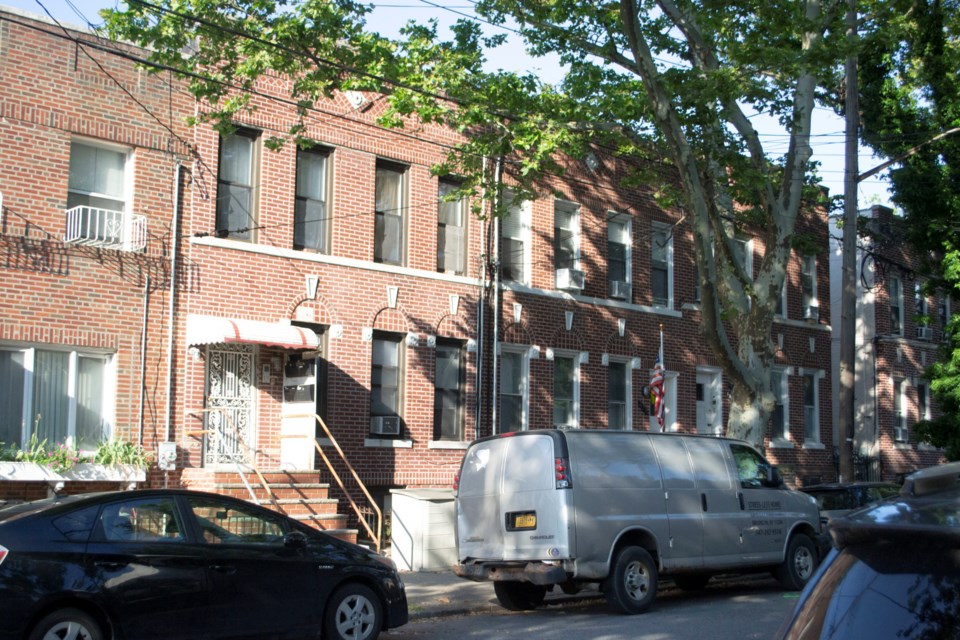This is the third in a 3-part series on property management in Brooklyn. The first installment takes a look at the experience of tenants. The second installment looks at the experience from the perspective of a landlord. And part-three will give insight from a regulatory and legislative perspective. This installment focuses on resources for tenants when they are experiencing trouble.
Even if landlords and tenants can be put at odds unfairly, there are plenty of nightmare rental stories to go around in a city as big as New York.
New York City does have a more robust system for protecting tenants than many other American cities, though. Tenants have 311 as a resource, which, in addition to facilitating complaints about things like illegal parking and noise, allow renters to report unsatisfactory living conditions in their homes.
So what actually happens when a tenant makes a complaint using 311, whether by phone or online?
BK Reader reached out to the New York City Housing and Preservation Department, or HPD, to find out.
Reaching out to the landlord or building superintendent about a repair should, of course, be the first step for tenants trying to address a habitability issue.
But in the event the landlord doesn’t address the issue, filing a 311 complaint is “the most direct” way to get the problem fixed, said William Fowler, an HPD spokesperson.
When a complaint is made, HPD tries to contact a building’s managing agent, whoever that may be, to inform them of the complaint and that a violation could be issued if the condition isn’t fixed,
The department then tries to contact tenants to see if the problem was corrected. If not, an inspector gets sent out, Fowler said.
“If the violation was not corrected or HPD cannot reach you, a uniformed code enforcement inspector will be sent to inspect the reported condition,” he said.
Neither the owner nor any managing agent for the property is notified of when the inspection will occur, Fowler said.
The amount of time a landlord is required to address a violation varies. Class A violations, which are considered non-hazardous, don’t have to be fixed for 90 days. Class B violations, which are more hazardous, have a time limit of 30 days before landlords can be subject to civil penalties.
Class C violations, the most hazardous, are required to be fixed in a much shorter time frame. Things like lead paint or pest infestations (including cockroaches, mice and rats) require a fix within 21 days. Heat and hot water violations must be fixed immediately.
Fowler said harassment is defined as “any act or omission by or on behalf of an owner that causes or is intended to cause a tenant to surrender or waive any rights in relation to the occupancy of their unit” — including things as overt as threatening or intimidating a tenant or as low-key as slow-walking necessary repairs.
Different kinds of tenant harassment, though, require responses from agencies other than HPD, though, Fowler said.
HPD does handle interruptions of services like utilities and problems with repairs.
“If you believe that the owner of your building is withholding essential services or not making repairs to force you to move out of your apartment, contact HPD's Anti-Harassment Unit (AHU) by calling 311,” Fowler said.
But tenants who suspect their landlord is deliberately harassing them by causing construction-related problems (something that includes working after hours, blocking entrances, conducting work without a permit or failing to address excessive dust or debris) would have to get their complaint handled through the city Department of Buildings Office of the Tenant Advocate, though this can still be addressed through 311, according to Fowler.
Other, more serious forms of tenant harassment, like intimidation or unjustified evictions, would have to be handled through the NYPD or the courts.
Overcharging for rent-stabilized or rent-controlled housing can be handled through New York State Homes and Community Renewal, Fowler said.




